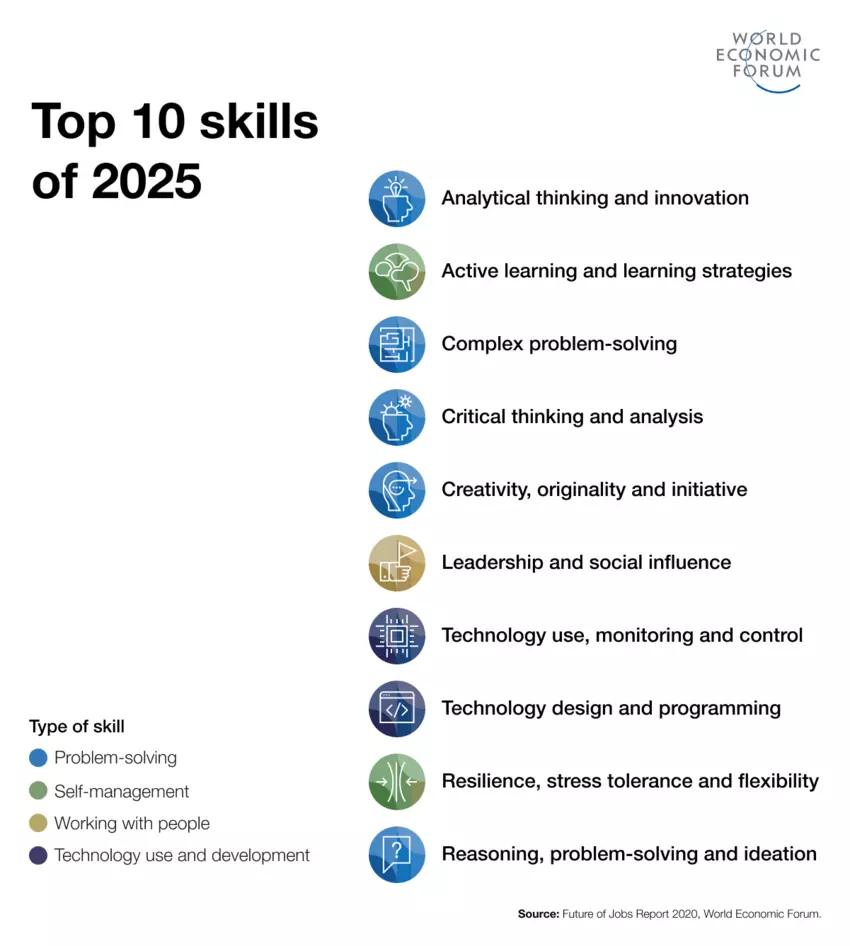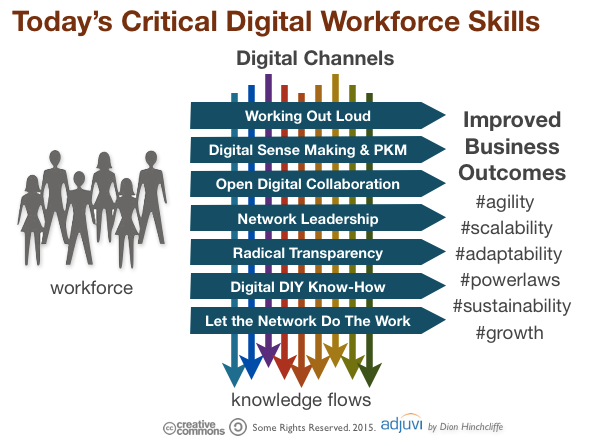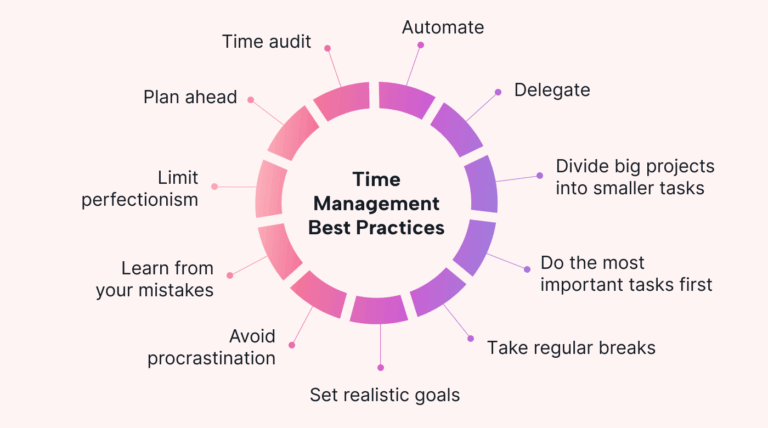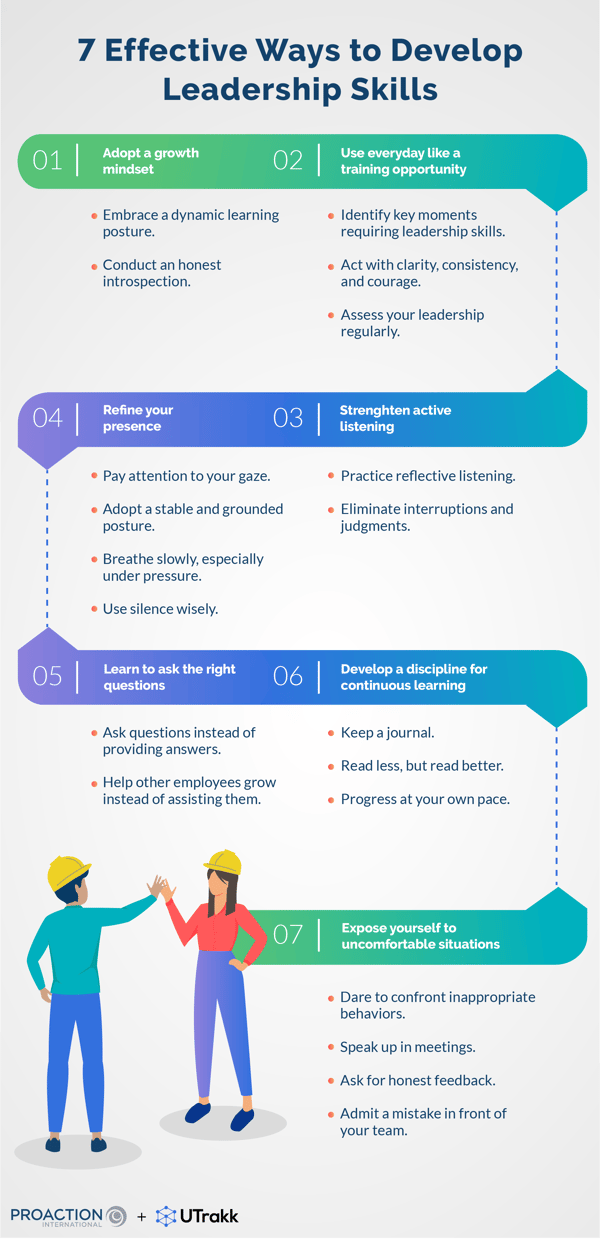An Overview Of The Most In-Demand Soft Skills In 2025

In 2025, the landscape of essential soft skills has shifted dramatically. A recent study revealed that 92% of hiring managers prioritize candidates with strong emotional intelligence. It’s clear that soft skills are now more critical than ever in ensuring workplace success and adaptability.
One of the most significant shifts includes the heightened value of adaptability and resilience. As technology advances, professionals must quickly adjust to new tools and challenges. Moreover, a notable 85% of employers consider communication and collaborative skills vital in remote and hybrid work environments, underscoring the importance of these traits.

An Overview of the Most In-Demand Soft Skills in 2025
In 2025, the professional world will place a greater emphasis on emotional intelligence as a key soft skill. This involves understanding and managing your own emotions while also being able to read and respond to the emotions of others. According to this post, companies find that employees with high emotional intelligence contribute significantly to team cohesion and overall productivity. This skill will not only enhance personal interactions but will also drive better decision-making in the workplace.
Adaptability and flexibility will be crucial as industries continue to evolve rapidly. Professionals must navigate new technologies, methodologies, and organizational changes with ease. According to here is the article, adaptability allows employees to thrive in unpredictable environments and remain productive despite challenges. This soft skill will be particularly valuable in roles that require constant learning and adjustment.
Communication skills will remain vital, especially in hybrid work models where face-to-face meetings are less frequent. Effective communication ensures that team members understand each other, regardless of their location. Remote workers need strong written and verbal communication skills to keep the workflow smooth and efficient. This enhances collaboration and minimizes misunderstandings in diverse workplace settings.
Leadership skills will also be in high demand, even among non-management roles. Leadership involves motivating colleagues, making strategic decisions, and guiding projects to successful outcomes. Here is the article, strong leaders inspire their teams to excel and drive a culture of success. As companies focus more on teamwork and project-based work, effective leadership becomes essential at all levels of an organization.
The Rising Importance of Emotional Intelligence
Emotional intelligence has become increasingly vital in today’s workplaces, impacting everything from team collaboration to leadership effectiveness. This skill includes self-awareness, self-regulation, empathy, and social skills. Highly emotionally intelligent individuals can navigate social complexities and foster a positive work environment. Their ability to manage emotions and stress boosts overall team morale.
In the past, technical skills were often the primary focus during hiring, but this trend is shifting. Companies now prioritize emotional intelligence because it contributes to better teamwork and conflict resolution. These employees can effectively communicate and manage interpersonal relationships. With the rise of diverse teams, emotional intelligence is essential for ensuring smooth collaboration.
Emotional intelligence also enhances decision-making capabilities. According to research, individuals with high emotional intelligence are better at understanding subtle cues and dynamics in the workplace. This ability helps in making informed and balanced decisions. Their judgments are often more aligned with the overall goals of the organization.
Future leaders are expected to demonstrate strong emotional intelligence. It allows them to inspire and motivate their teams effectively. According to experts, emotionally intelligent leaders are adept at handling crises and maintaining a stable work environment. This leadership trait is crucial for driving company success in a rapidly changing world.
Embracing Change: Adaptability and Flexibility Skills
In an ever-changing world, adaptability and flexibility skills are crucial for success. These skills enable individuals to adjust to new circumstances and handle unexpected situations. Whether it’s technology advancements or shifting market demands, those who embrace change thrive. Adaptable employees respond to challenges with a positive attitude.
Employers increasingly value these traits as they lead to resilience in the workplace. Adaptability allows teams to remain productive under pressure and uncertainty. Flexibility, on the other hand, involves being open to new ideas and approaches. Together, these skills help organizations navigate transitions smoothly.
According to experts, adaptable people often excel in dynamic roles that require constant learning. Their willingness to pivot and learn makes them valuable assets. Different industries need flexibility, especially during times of rapid innovation and change. These employees are more likely to be proactive and find solutions.
The importance of adaptability is evident in today’s remote work culture. Workers must juggle different tasks and manage their time effectively. Flexible employees better handle varying work conditions and unexpected workloads. This skill set ensures continuous productivity across diverse environments.
Enhanced Communication for Hybrid Work Models
Hybrid work models have changed how we communicate in the workplace. With employees spread across various locations, effective communication has become paramount. Clear, concise messages ensure everyone is on the same page, regardless of where they are working. Utilizing various communication tools can bridge the gap between remote and in-office staff.
Video conferencing tools like Zoom and Microsoft Teams have become staples in hybrid work environments. These platforms facilitate face-to-face interactions, reducing the feeling of isolation among remote workers. Moreover, they help maintain strong team connections and collaboration. Regular video check-ins help monitor progress and address any concerns promptly.
Written communication also plays a significant role in hybrid models. Emails, instant messages, and collaborative documents ensure information is shared effectively. According to experts, clarity in written communication prevents misunderstandings and ensures tasks are completed accurately. Remote workers rely heavily on these methods to stay informed and aligned.
Adapting to diverse communication styles enhances team productivity. Some team members may prefer written updates, while others thrive in video calls. Flexibility in communication methods accommodates different preferences, enabling better team cohesion. This approach ensures that each team member feels included.
Effective communication fosters trust and transparency. When team members are informed and able to share their thoughts openly, they feel more engaged. Open channels for feedback allow quick problem resolution and improvement. In hybrid work models, strong communication is the glue that holds everything together.
Investing in communication skills training can benefit organizations significantly. Training sessions can cover effective emailing, virtual meeting etiquette, and active listening techniques. These skills help employees navigate hybrid work challenges efficiently. Enhanced communication ultimately leads to a more cohesive and productive workforce.
Leadership Skills in a Shifting Professional Landscape
Leadership skills are evolving as the professional world undergoes significant changes. Leaders are now expected to be adaptable and resilient. They must navigate their teams through uncertainty and upheaval. These qualities are essential in maintaining team morale and productivity.
Today’s leaders also need to be excellent communicators. Clear communication is crucial for keeping teams aligned with company goals. Leaders must articulate visions and strategies effectively. In hybrid work environments, this skill becomes even more important.
Empathy is another key trait for modern leaders. Understanding and addressing the concerns of team members builds trust and loyalty. Empathetic leaders can create supportive work environments. This leads to higher employee satisfaction and retention.
Strategic decision-making is vital in a shifting landscape. Leaders must make informed choices quickly to capitalize on opportunities. They need to balance short-term demands with long-term goals. This skill ensures sustainable growth for the organization.
Effective delegation is also necessary for successful leadership. Delegating tasks helps distribute workloads efficiently and empowers team members. It allows leaders to focus on high-level strategic planning. Strong delegation leads to improved team performance.
Continuous learning is essential for leaders to stay ahead. The professional landscape is constantly changing, and leaders must keep up. Investing in personal development equips leaders with new skills and insights. This prepares them to face future challenges confidently.
The Impact of Soft Skills on Career Progression
Soft skills play a significant role in advancing your career. These skills, such as communication and teamwork, are essential in any job. Employers value candidates who can work well with others and lead effectively. Developing soft skills can open up more opportunities for promotions.
Adaptability is highly prized in fast-paced work environments. Employees who can adjust to changes quickly are seen as valuable assets. Their ability to handle unexpected situations boosts overall productivity. This skill often leads to faster career growth and recognition.
Emotional intelligence contributes to successful career progression. Understanding and managing your emotions helps build strong relationships. This skill is useful in networking and collaborating with colleagues. Emotionally intelligent individuals are often chosen for leadership roles.
Problem-solving skills also impact career advancement. Employers seek individuals who can identify and address issues efficiently. These employees are critical in driving projects forward and achieving company goals. Enhanced problem-solving capabilities can lead to higher positions and responsibilities.
Leadership skills are crucial for career progression. Leaders inspire and motivate their teams to achieve success. This skill is important at all levels, from team leads to executives. Demonstrating leadership potential can accelerate your career path.
Continuous learning helps in developing relevant soft skills. Staying updated with new trends and innovations is essential. Investing in personal development keeps you ahead in your field. This commitment to learning directly influences career advancement.
How Soft Skills Influence Team Dynamics and Productivity
Soft skills have a profound effect on team dynamics. Communication and collaboration are crucial for team success. When team members communicate effectively, they understand each other’s roles and responsibilities better. This leads to smoother workflows and enhanced productivity.
Empathy fosters a supportive work environment. Understanding colleagues’ perspectives builds trust and rapport among team members. Empathetic teams are more likely to support each other through challenges. This boosts morale and cohesion, making the workplace more harmonious.
Conflict resolution is an essential soft skill in maintaining healthy team dynamics. Teams with good conflict resolution skills can address disagreements constructively. They find solutions that satisfy all parties involved, preventing prolonged tension. These abilities ensure that conflicts do not hinder productivity.
Leadership within the team drives motivation and achievement. Effective leaders guide their teams towards common goals while maintaining morale. They inspire innovation and creativity, which leads to increased productivity. Leadership empowers individuals to take initiative and contribute significantly.
Adaptability allows teams to thrive in changing environments. Flexible teams can adjust their strategies quickly to meet new challenges or opportunities. They remain productive despite external pressures or changes in direction. Adaptable teams stay resilient and focused on their objectives.
Problem-solving enhances overall efficiency within the team. Teams with strong problem-solving abilities can tackle issues head-on without delays. This proactive approach minimizes disruptions and keeps projects on track. Effective problem-solving contributes to continuous improvement and productivity.
Strategies for Developing Soft Skills Ahead of 2025
Developing soft skills is essential for success in 2025. One effective strategy is to actively seek feedback. Regular feedback helps in identifying areas needing improvement. This allows individuals to adjust and enhance their skills effectively.
Another valuable approach is to engage in continuous learning. Online courses and workshops provide opportunities to learn new soft skills. These platforms offer flexibility to learn at your own pace. Continuous learning keeps you updated with essential competencies.
Practice is key to mastering soft skills. Regularly putting these skills into practice solidifies them. Role-playing scenarios or joining clubs can be beneficial. These activities offer practical experience and boost confidence.
Networking with professionals from diverse fields can also improve soft skills. Interacting with different people exposes you to various perspectives and communication styles. This helps in building adaptability and social skills. Networking enhances your ability to work in varied environments.
Setting personal goals for soft skill development is effective. Goals provide direction and motivation. Tracking progress towards these goals ensures consistent improvement. This method helps in prioritizing areas that need attention.
Key Takeaways
- Emotional intelligence is crucial for understanding and managing emotions.
- Adaptability allows you to thrive in changing environments.
- Strong communication skills ensure clear, effective interactions.
- Leadership involves guiding and inspiring your team.
- Problem-solving skills help tackle challenges efficiently.

Conclusion
In 2025, the importance of soft skills in the workplace cannot be overstated. Employers highly value emotional intelligence, adaptability, communication, leadership, and problem-solving. These skills not only enhance individual performance but also contribute significantly to team dynamics and overall productivity.
As the professional landscape continues to evolve, investing in soft skill development is crucial. Continuous learning and practical application of these skills will prepare professionals to navigate future challenges effectively. By prioritizing these traits, both employees and organizations can ensure sustained success and growth.






